When evaluating the quality of life for senior dogs, those ageing earlier, particularly those in palliative care, it is important to consider their responses to a series of key questions. These questions should be answered with "Yes," "Maybe," or "No." If most answers are "No," it's crucial to discuss how their quality of life can be enhanced, where possible.
Checklist: Regularly Evaluating Your Dog’s Quality of Life
- Enjoyment of Life: Is your dog still experiencing joy in their daily life?
- Daily Routine: What does your dog’s typical day look like? Are they engaging in activities they used to enjoy?
- Good Days vs. Bad Days: Are they having more good days than bad?
- Medication Tolerance: How well is your dog coping with medications and treatments?
- Independence: Can they independently access food, water, resting places, and toilet sites?
- Avoidance of Discomfort: Are they able to escape from things that cause fear or discomfort?
- Expression of Normal Behaviors: Are they still able to express typical dog behaviors?
- Freedom from Fear and Distress: Is your dog free from fear and distress? Consider conditions like canine cognitive dysfunction (CCD) and chronic pain, which can increase mental distress.
- Dignity in Life: Does your dog’s life still hold dignity?
- Future Outlook: Is the situation likely to improve? Is treatment possible, and is it the right choice for your dog?
- Best Interests: What is truly best for your dog, and how does it align with your family’s needs?
Article Summary:
When evaluating your dog's quality of life, it's essential to ask yourself these questions regularly. Pay attention to their daily activities, ability to perform routine tasks independently, and overall happiness. Consider if they are more frequently having good days, their reaction to medications, and their ability to avoid fear and discomfort. Evaluating these factors can help you make informed decisions about their care and ensure they live a life with dignity and joy.
Our Aches & Pains rub is specifically designed to not only support physical comfort but also promote relaxation and emotional well-being, addressing both physical and emotional needs during this critical stageOur
REFERENCE: Lindley S. Quality of life and decision making around end of life care. BSAVA Webinar April 2021. BSAVA Library. Accessed December 15, 2022.

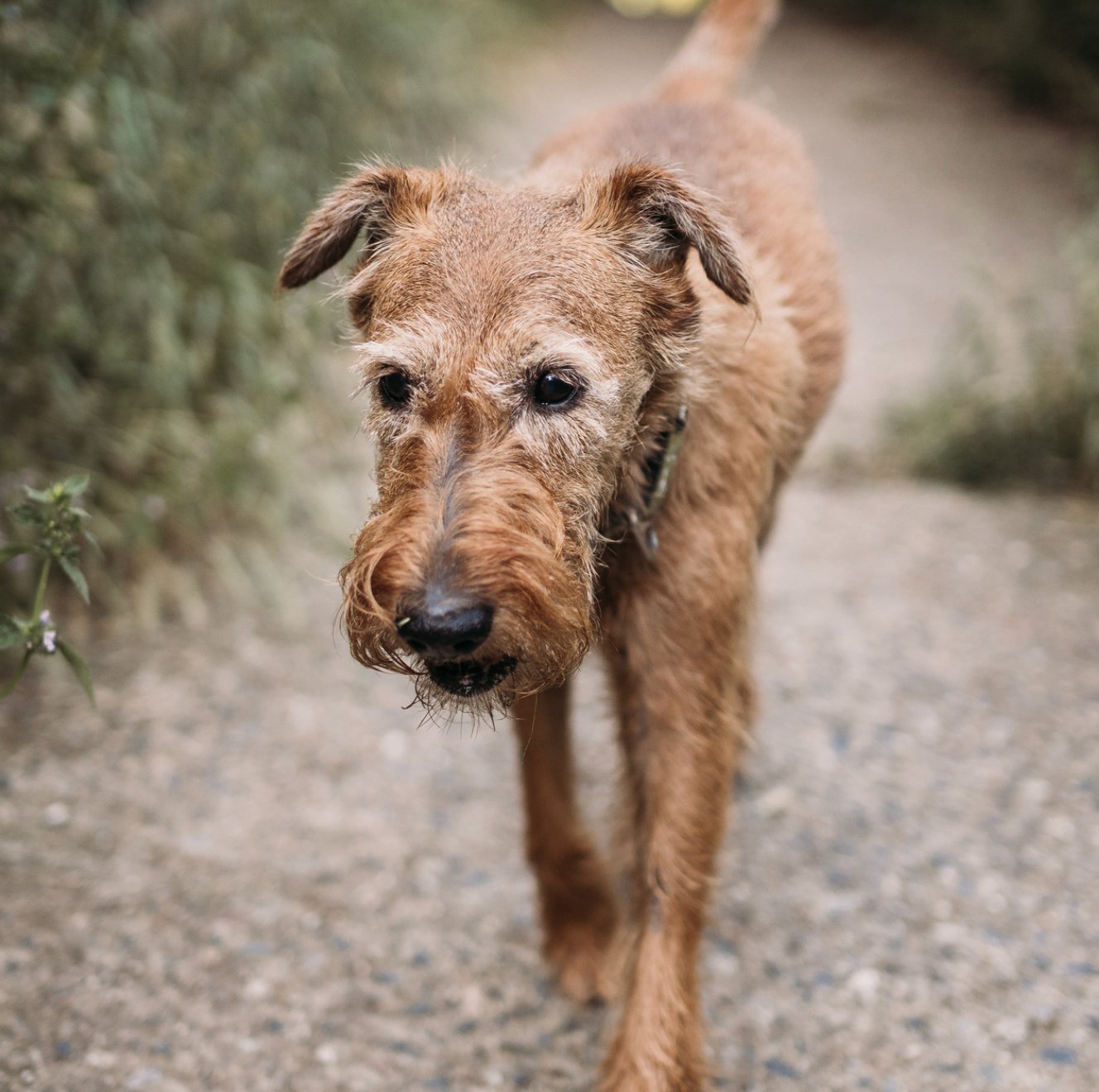
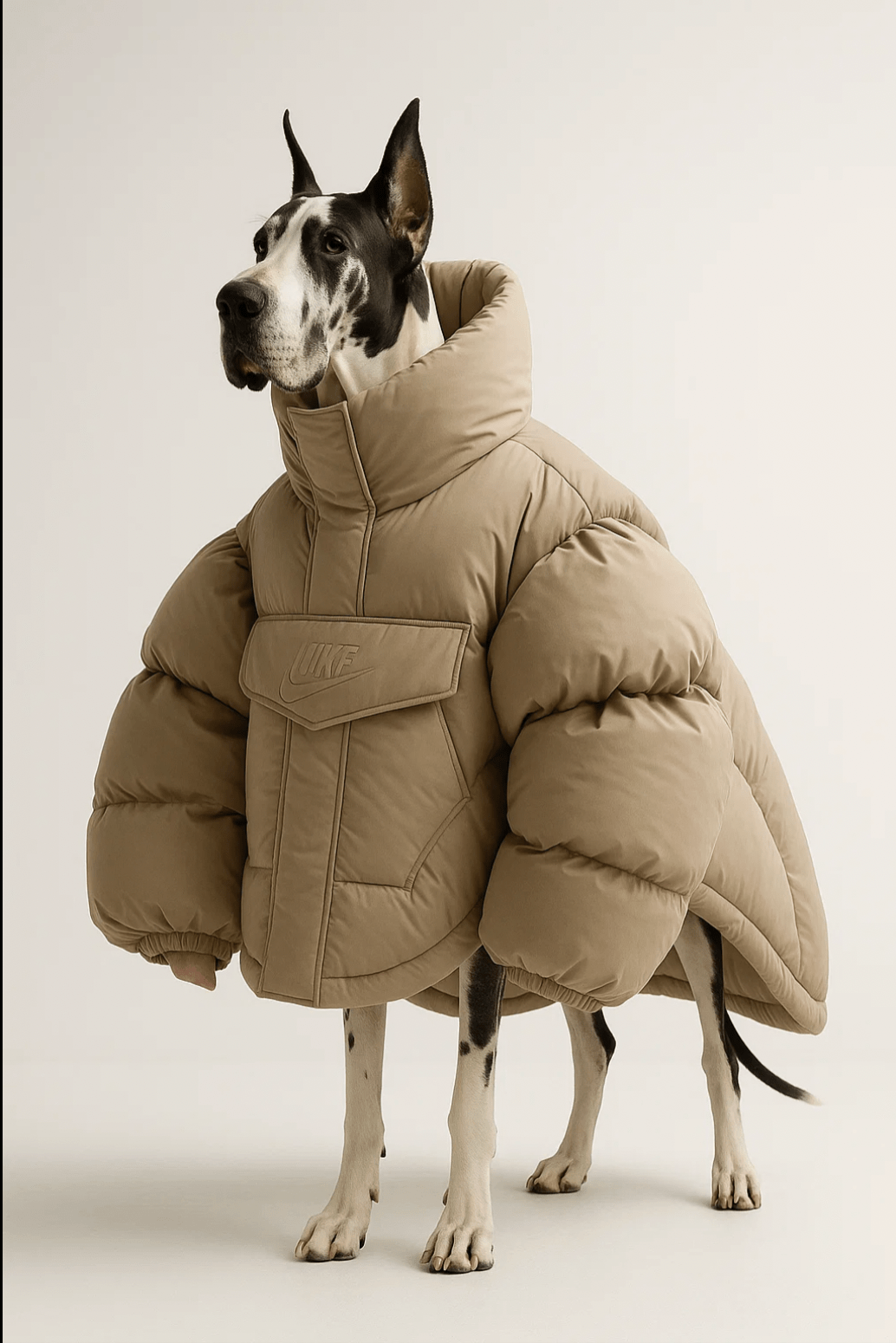

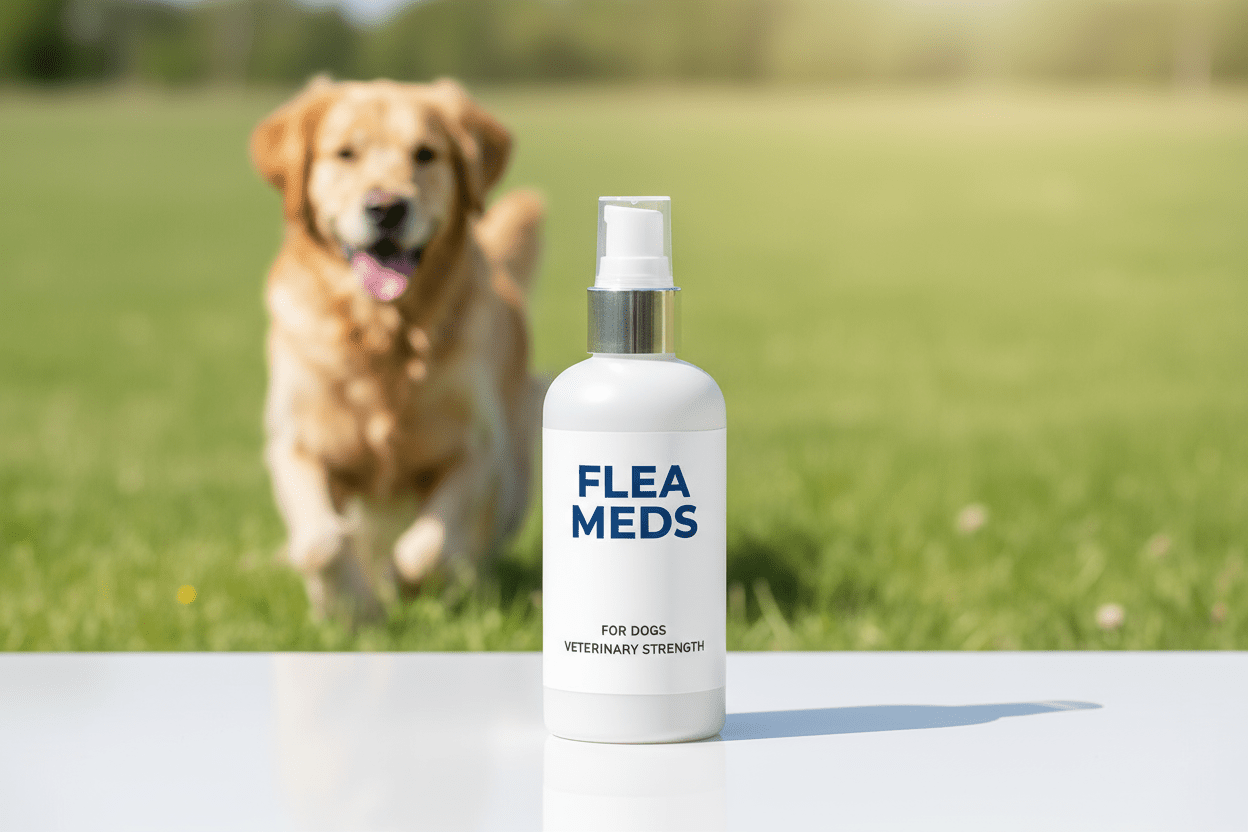
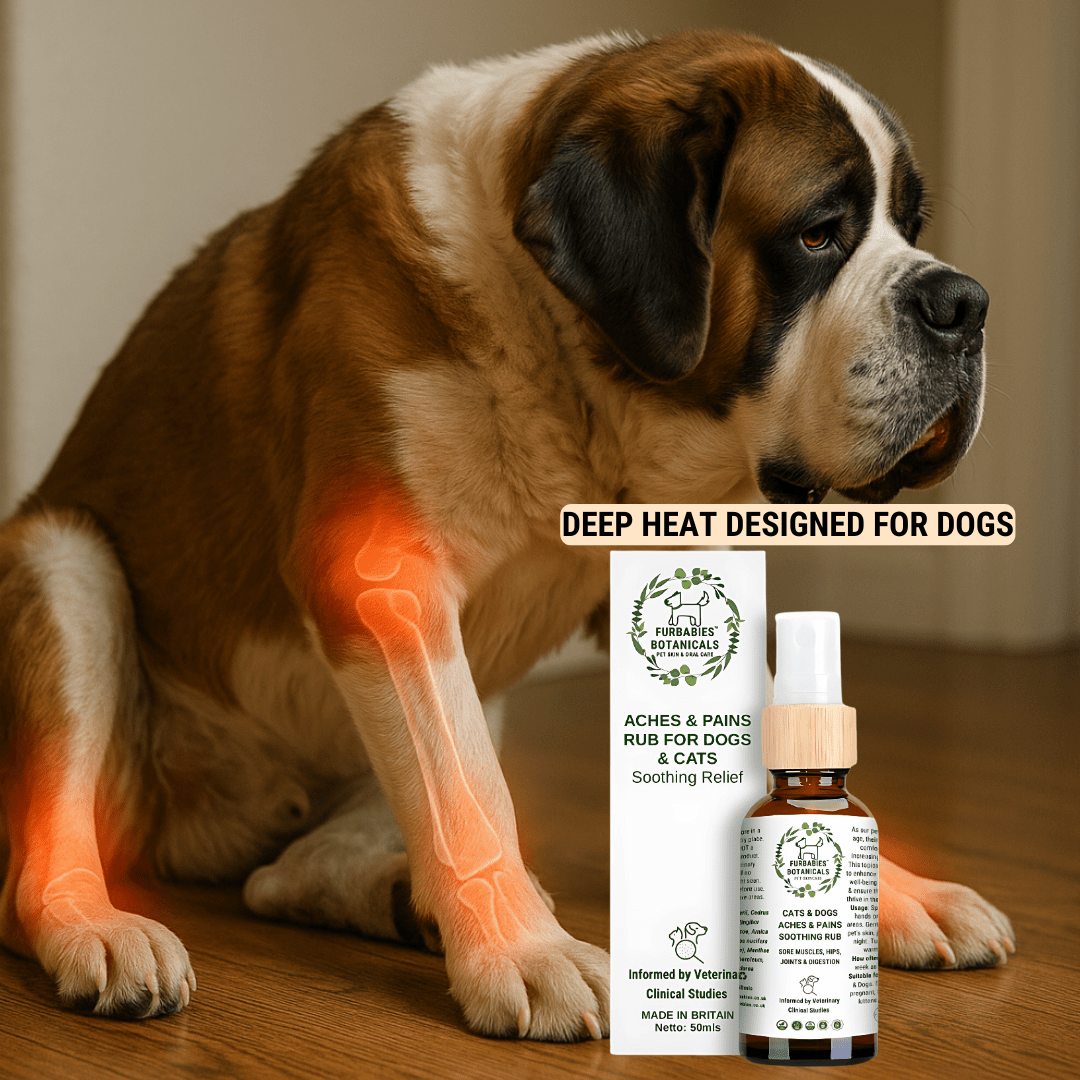



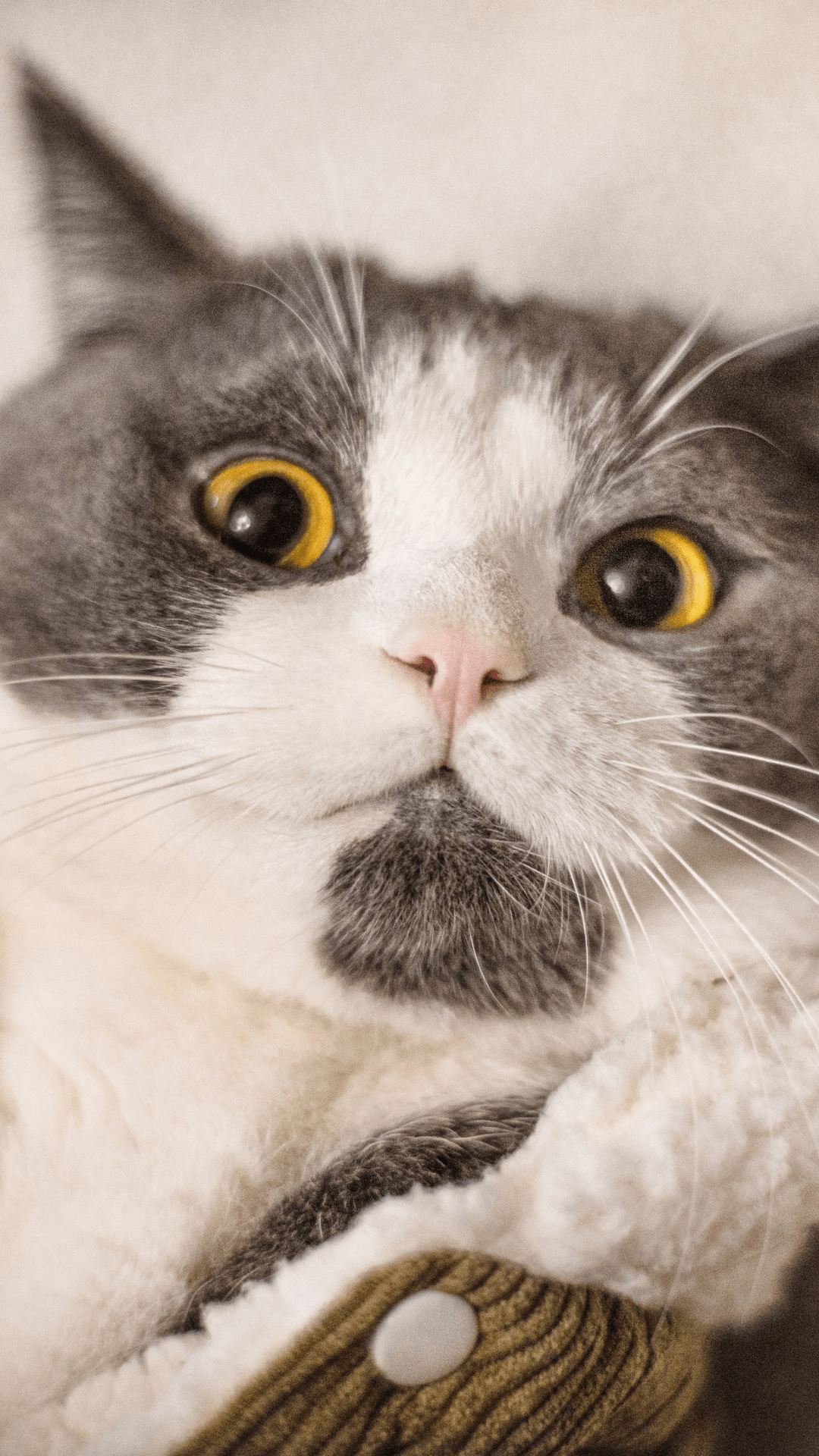



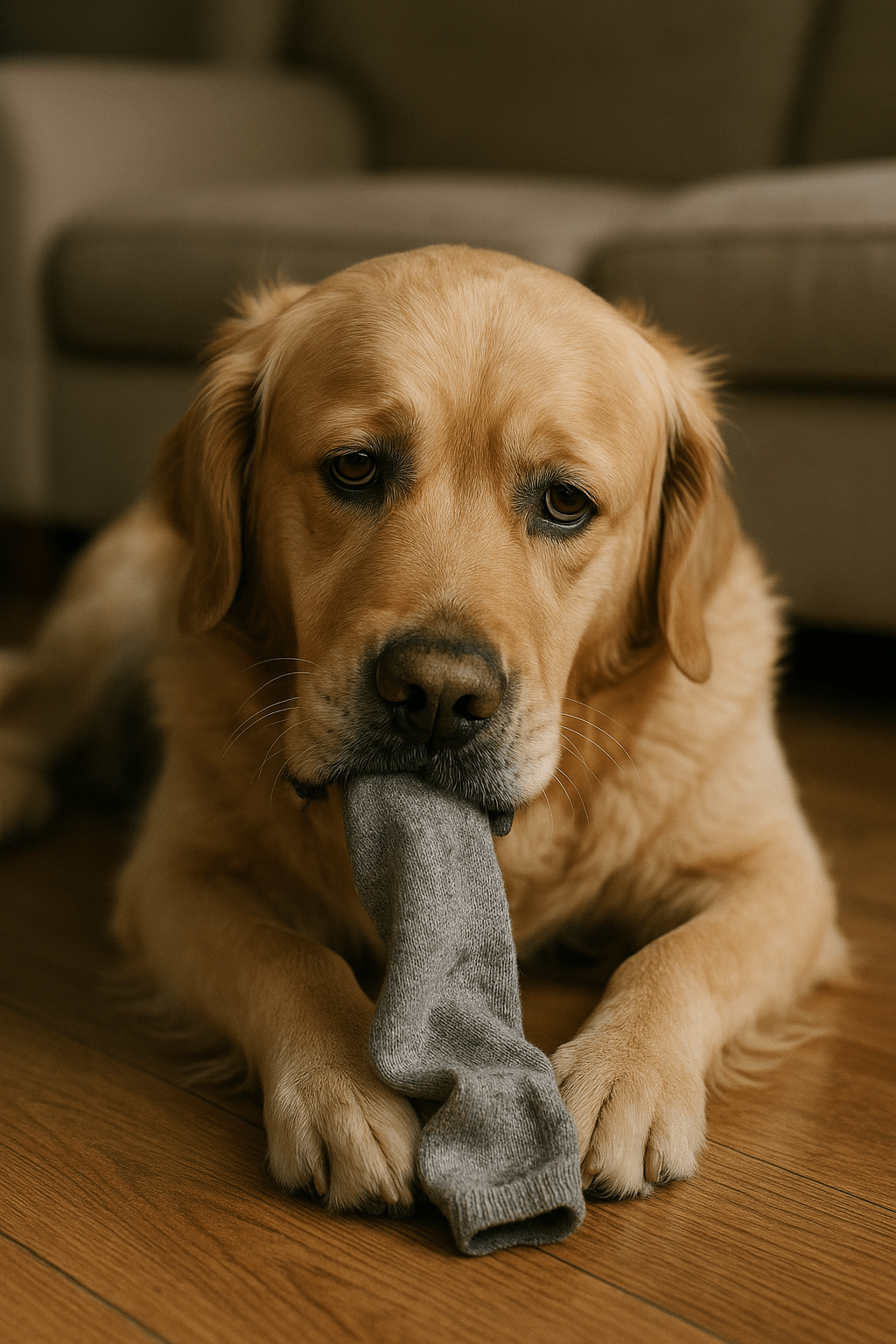
Share:
Washing Fleas off Cats
Dog Food Allergies - All About Feathers.